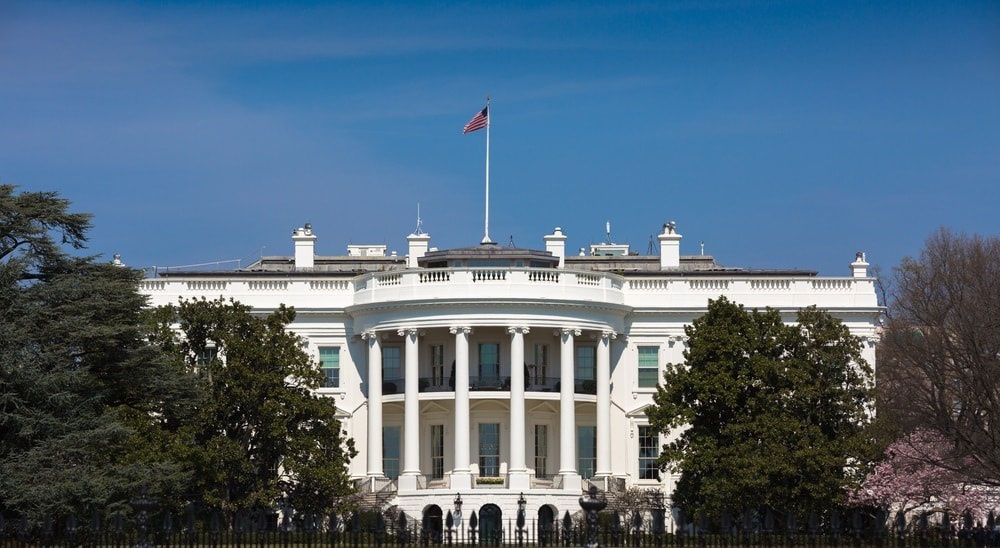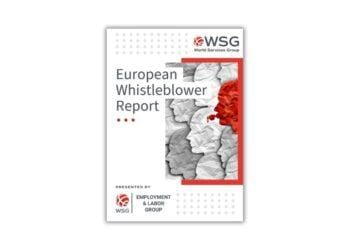Protections Could Be at Risk
President Trump’s promises to dismantle the Dodd-Frank Wall Street Reform and Consumer Protection Act raise questions about how a repeal plan could impact whistleblowers. The Act created two whistleblower reward programs and enhanced the protections available to certain whistleblowers subjected to retaliation. Here’s how the changes could shake out.
This piece was originally shared on the Katz, Marshall & Banks legal blog and is republished here with permission.
As one of his early acts as president, Donald Trump has promised to dismantle the Dodd-Frank Wall Street Reform and Consumer Protection Act, the landmark legislation Congress passed in reaction to the 2008 financial crisis. As of this writing, the soon-to-be inaugurated President Trump has provided nothing more than general statements about his repeal plan, mainly focused on attacking the regulatory scheme the Act created to rein in the financial services industry.
The act, however, also created two whistleblower reward programs and enhanced the protections available to certain whistleblowers subjected to retaliation. Given the lack of specifics available, we are left guessing as to whether these whistleblower provisions will be gutted. Based on the clues available, whistleblowers may weather this storm, although a bit worse for the wear.
The Financial CHOICE Act
Many view the Financial CHOICE Act, a bill sponsored by Congressman Jeb Hensarling, as a possible blueprint for the promised efforts to repeal Dodd-Frank. This is a likely choice for two reasons. First, the Financial CHOICE Act has the support of the congressional Republicans – it passed out of the House Financial Services Committee in September 2016. Second, Rep. Hensarling will likely be highly influential over the process: He is the Chairman of the House Financial Services Committee, one of the key committees in the legislative process necessary to pass the President’s reform, and he was a strong supporter of President Trump during the election and consulted with Trump’s transition team about the repeal of Dodd-Frank.
The good news for whistleblowers is that the Financial CHOICE Act in its current form does not alter either the whistleblower reward programs or the enhanced whistleblower protections. But there are many points throughout the legislative process at which the whistleblower rewards programs and enhanced protections could still be attacked.
Another piece of good news for whistleblowers is that Senator Chuck Grassley, the Chairman of the Senate Whistleblower Protection Caucus, is a strong supporter of both whistleblowers and President Trump. Provided he continues his strong support of whistleblowers while President Trump and Congress craft the legislation dismantling Dodd-Frank, the whistleblower rewards program and enhanced protections may survive.
Challenges Ahead for Whistleblowers
On a less optimistic note, even if the whistleblower reward programs survive, it likely will become more difficult for whistleblowers to qualify for awards.
Under both programs – the larger Securities and Exchange Commission (SEC) program and the much smaller Commodities Futures Trading Commission (CFTC) program – a whistleblower only qualifies for an award if enforcement actions result in more than $1 million in sanctions recovered. Many people in the securities industries have theorized that the SEC is likely to decrease corporate sanctions under the new leadership President Trump appoints. Additionally, while the Financial CHOICE Act would increase available penalties that the SEC can assess, it would shift the focus of SEC enforcement from corporations to individuals. Such a shift could result in lower monetary recoveries since corporations generally have deeper pockets. Additionally, while both the SEC and the CFTC are required to issue awards to whistleblowers if they qualify, both programs provide a range from 10 to 30 percent. If the leadership of those commissions is hostile to whistleblowers, we may see a decrease in the size of awards.
If Repealed, Protections Will Remain
As for the enhanced whistleblower protections, even if these were repealed, the majority of whistleblowers protected by the Dodd-Frank Act would still have retaliation protections available to them, although less robust.
Under the Sarbanes-Oxley Act (SOX), employees of publicly traded companies, including their wholly owned subsidiaries and affiliates, are protected from retaliation for blowing the whistle on fraud and securities violations. Employees of non-publicly traded registered investment firms and registered investment advisors, who are currently protected under Dodd-Frank, would no longer be protected under federal law.
Furthermore, Dodd-Frank offers whistleblowers more robust remedies and a much longer statute of limitations. It also allows them to go straight to federal court instead of first having to file an administrative charge with the U.S. Department of Labor.
Because of his conservative appointments to both the federal bench and administrative law judge positions, the legal standards courts use to determine if a whistleblower is protected by SOX will likely contract during President Trump’s term. With this tougher legal landscape for corporate and financial services whistleblowers, having highly competent legal counsel throughout the whistleblowing and legal process will become even more critical.









